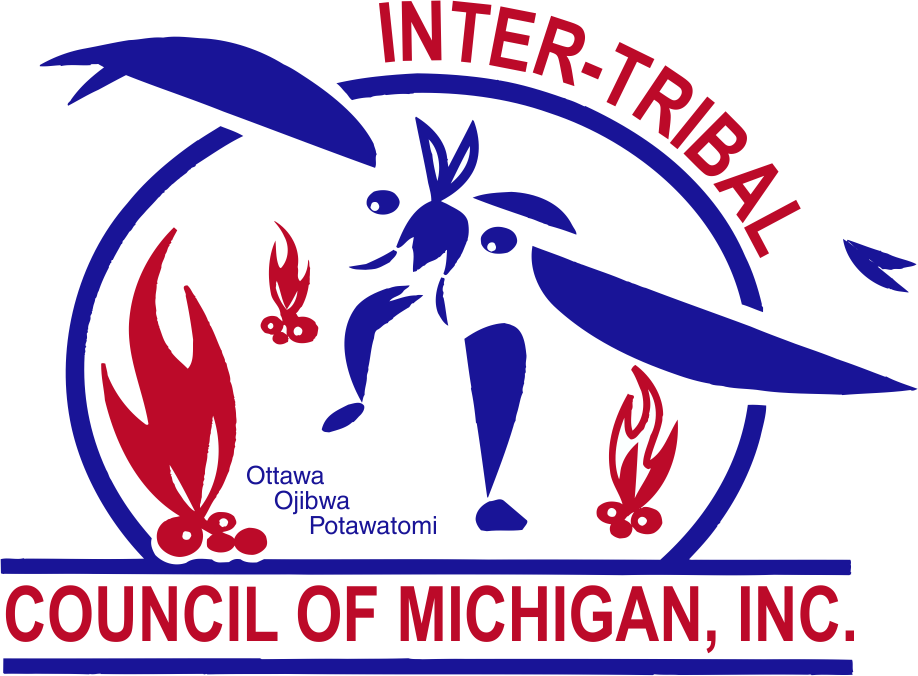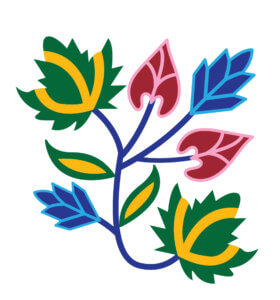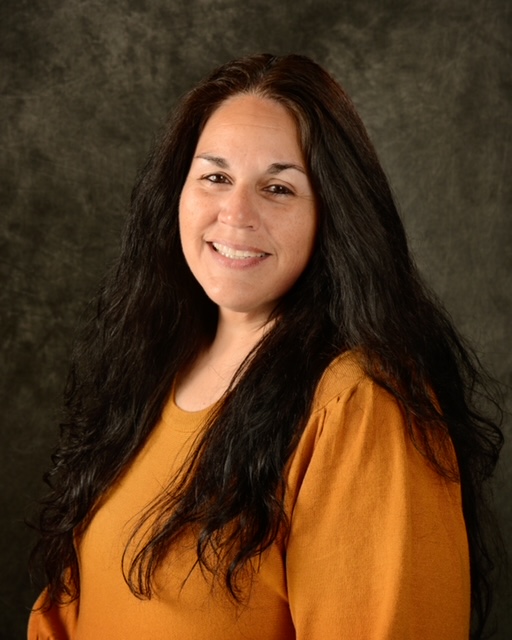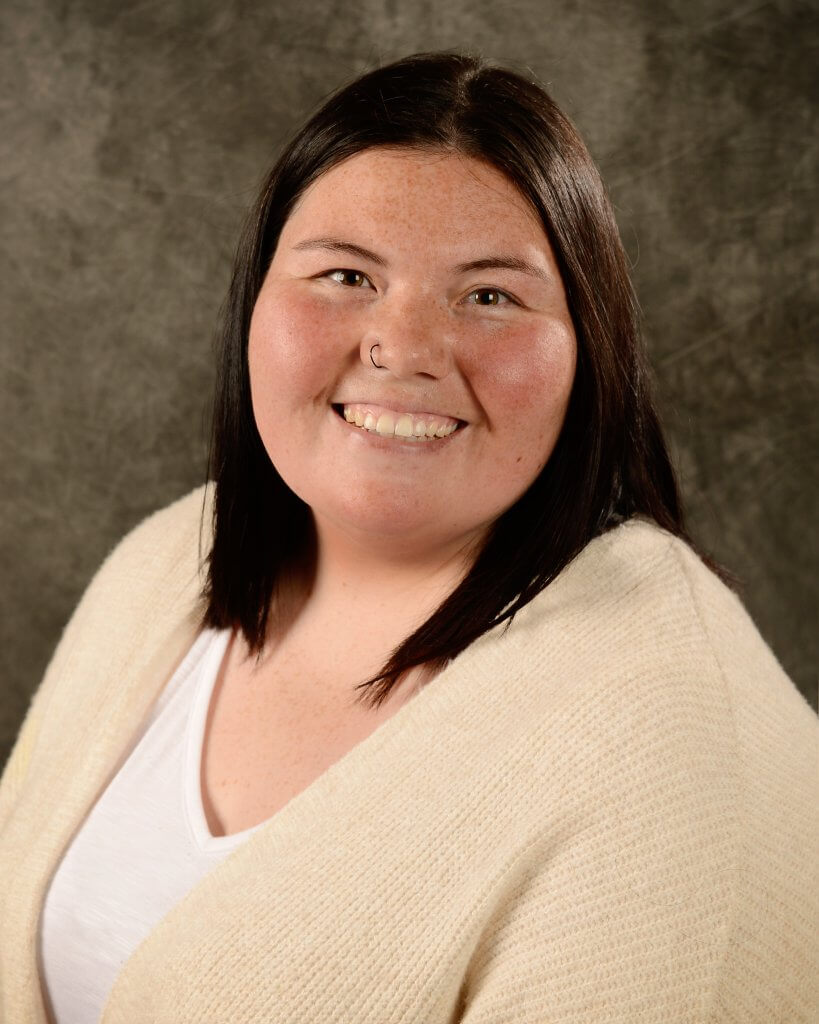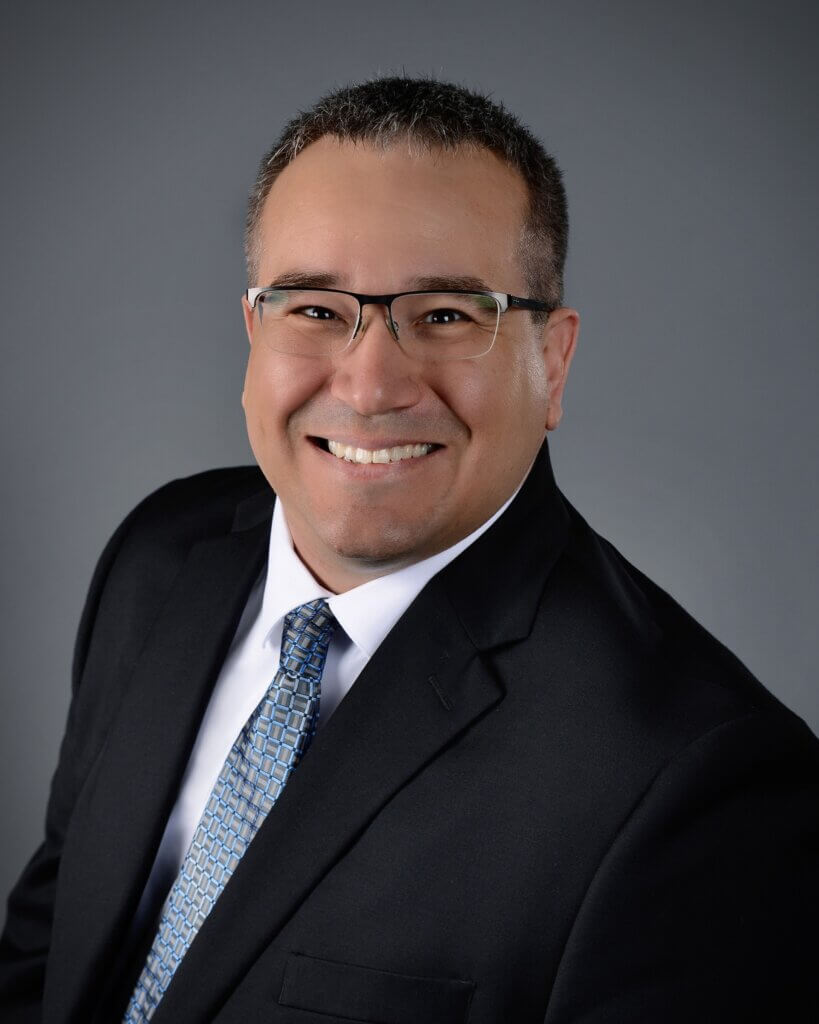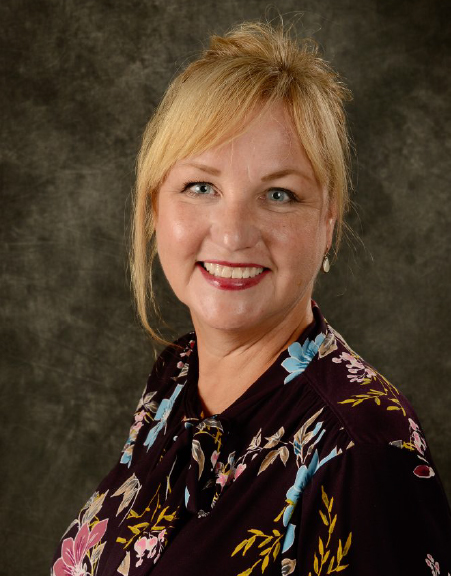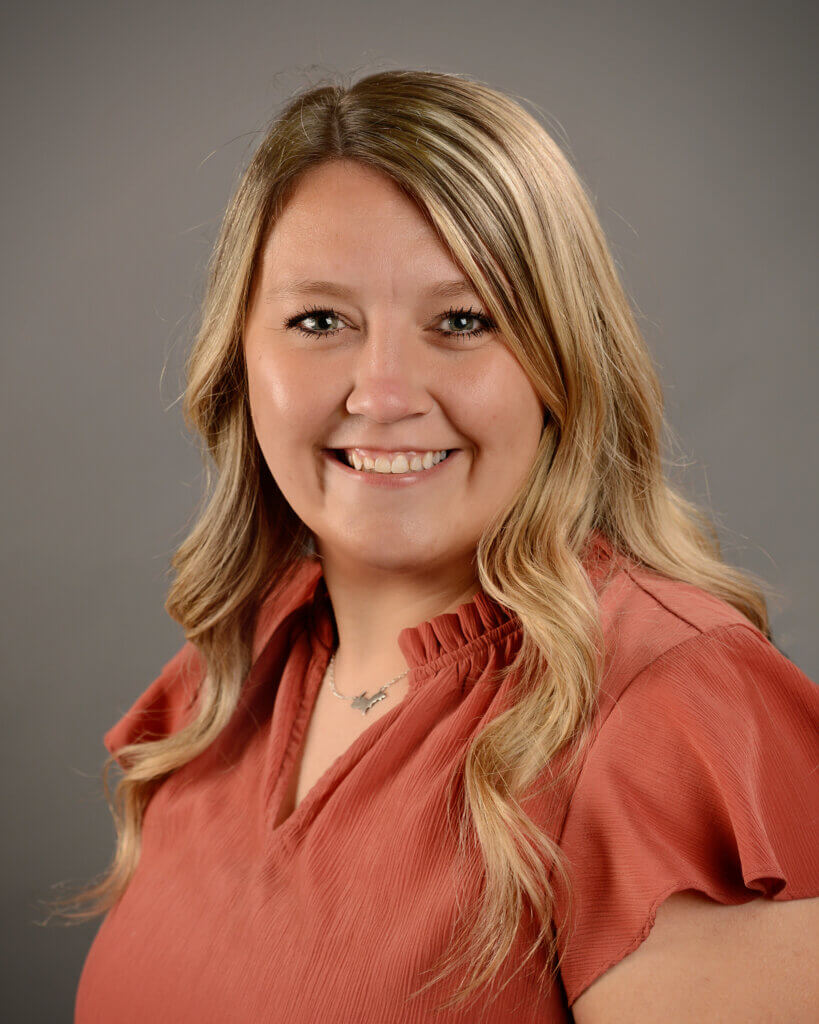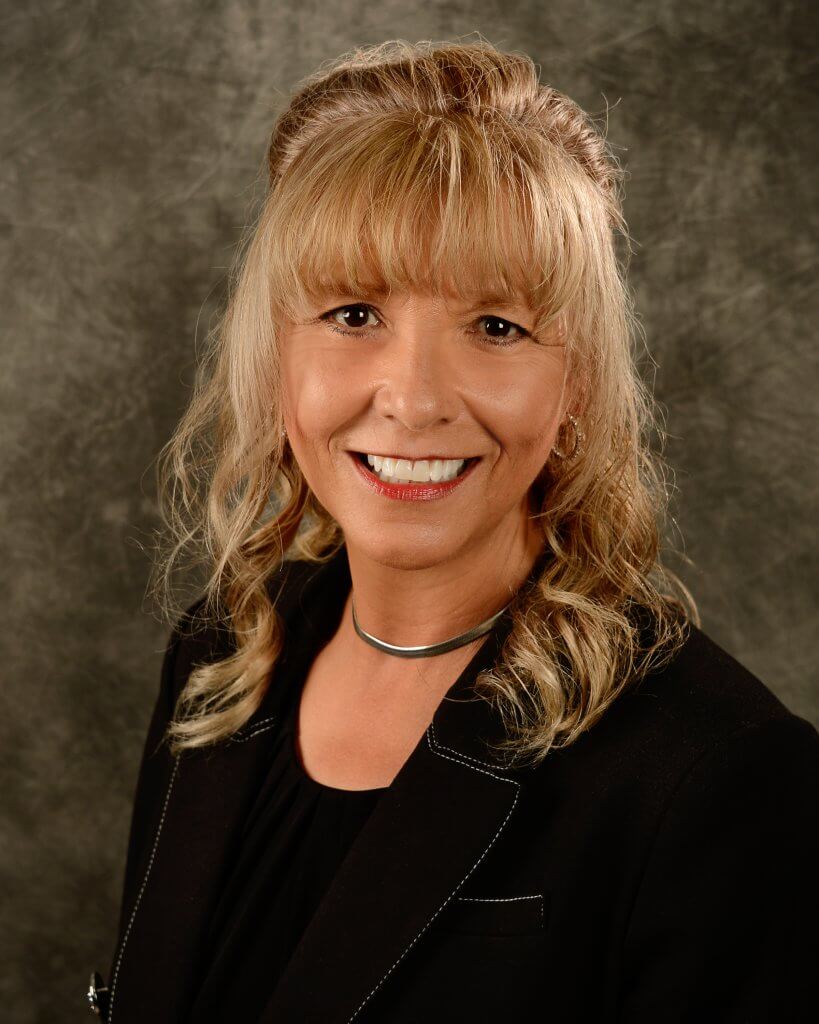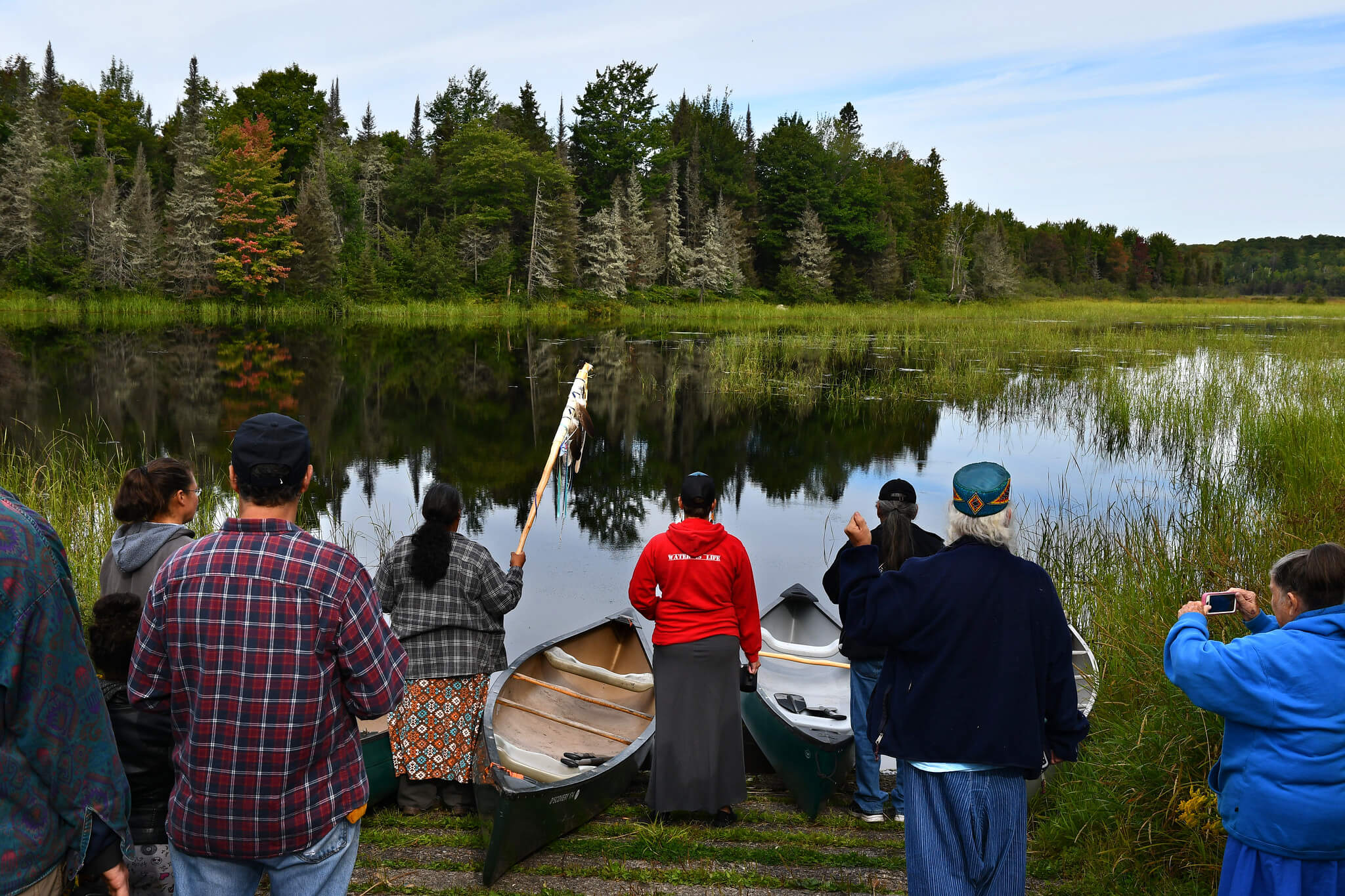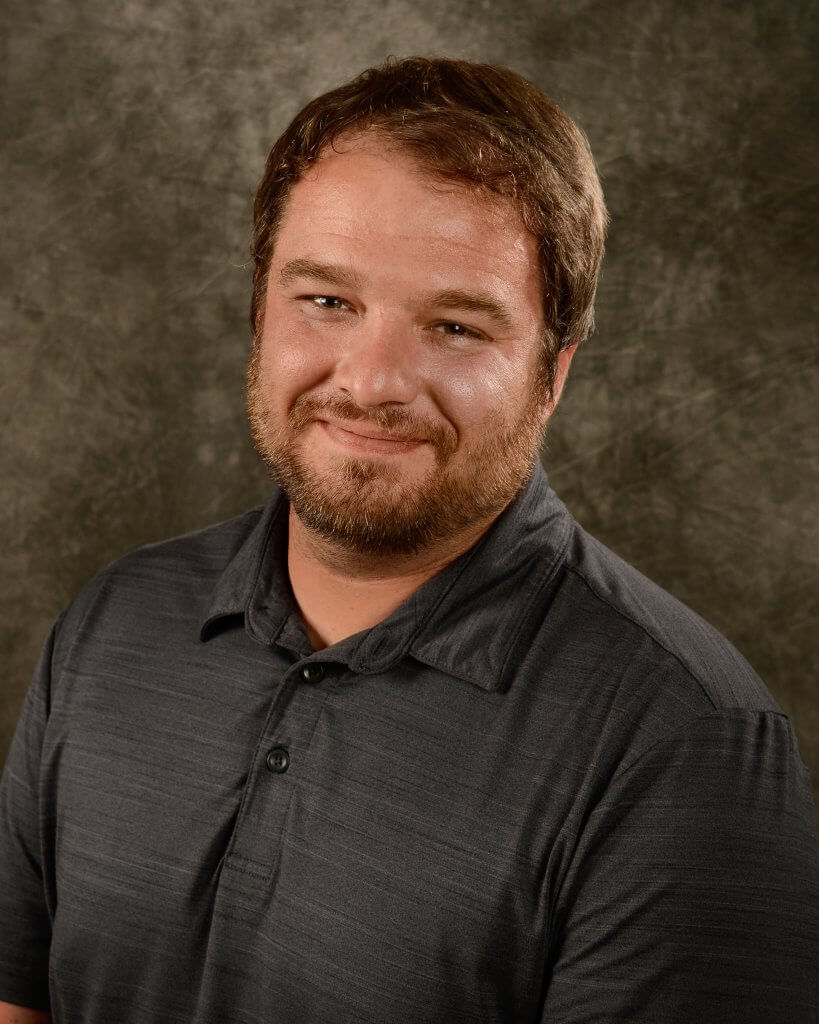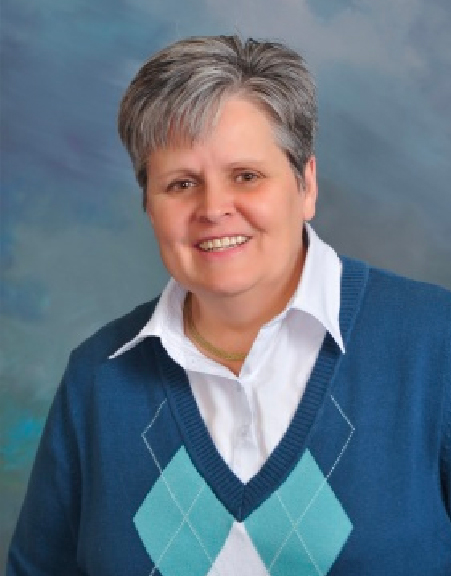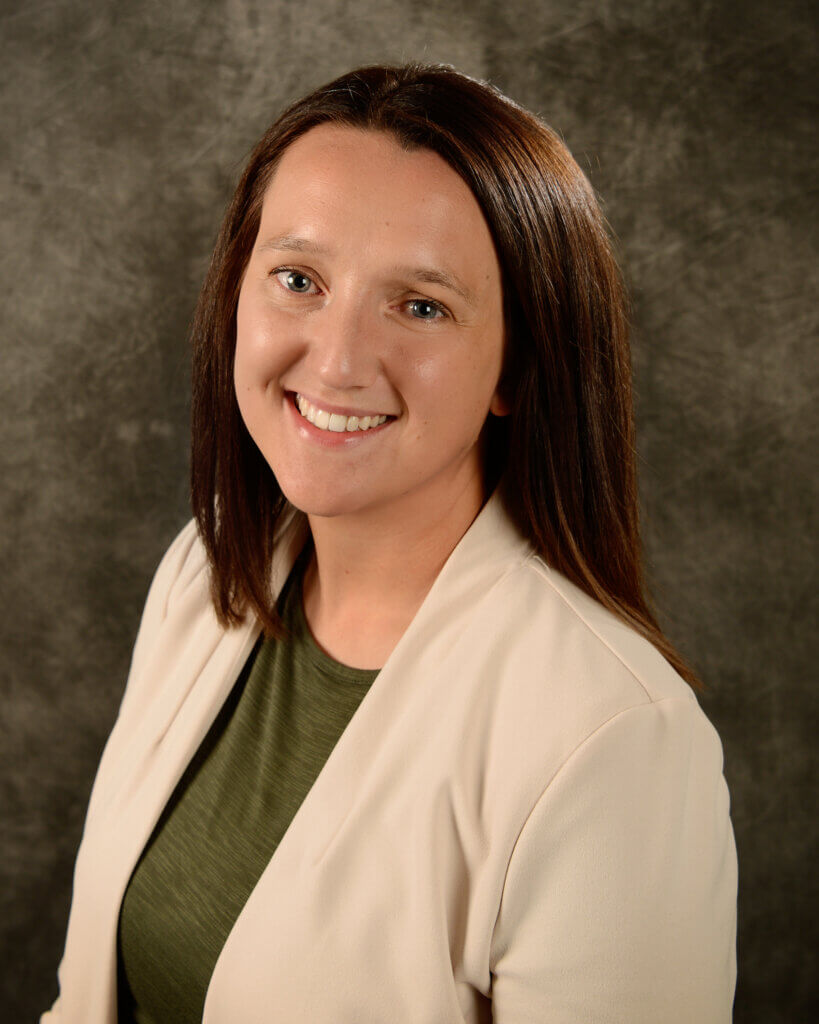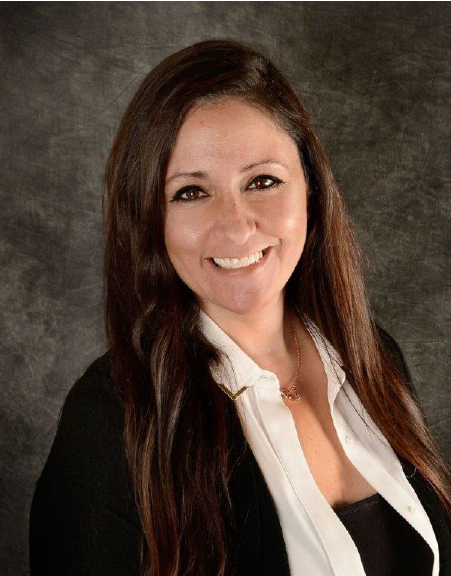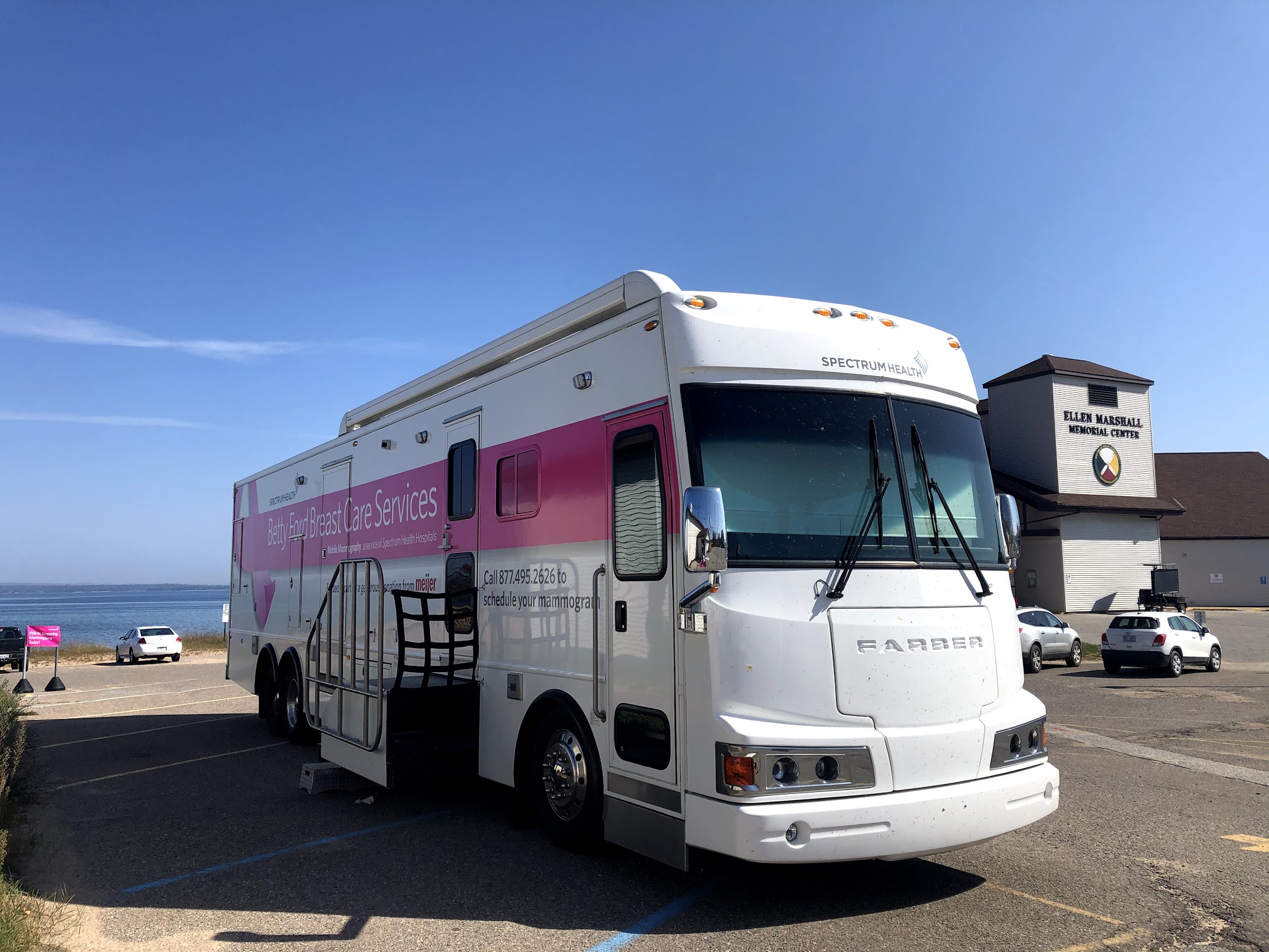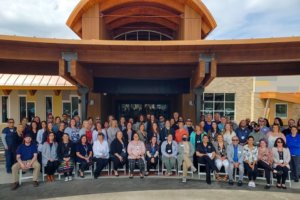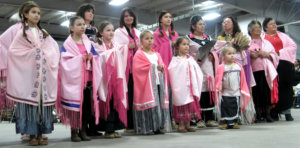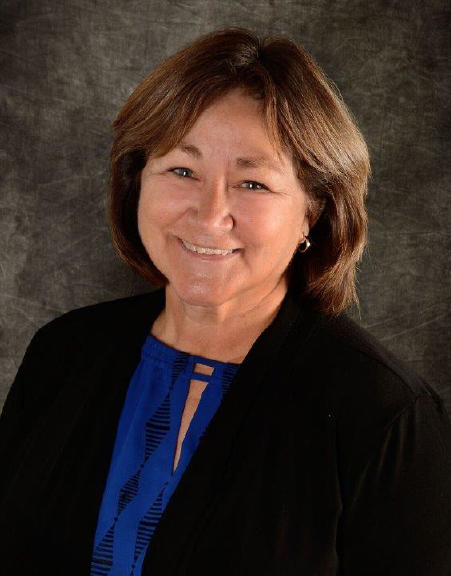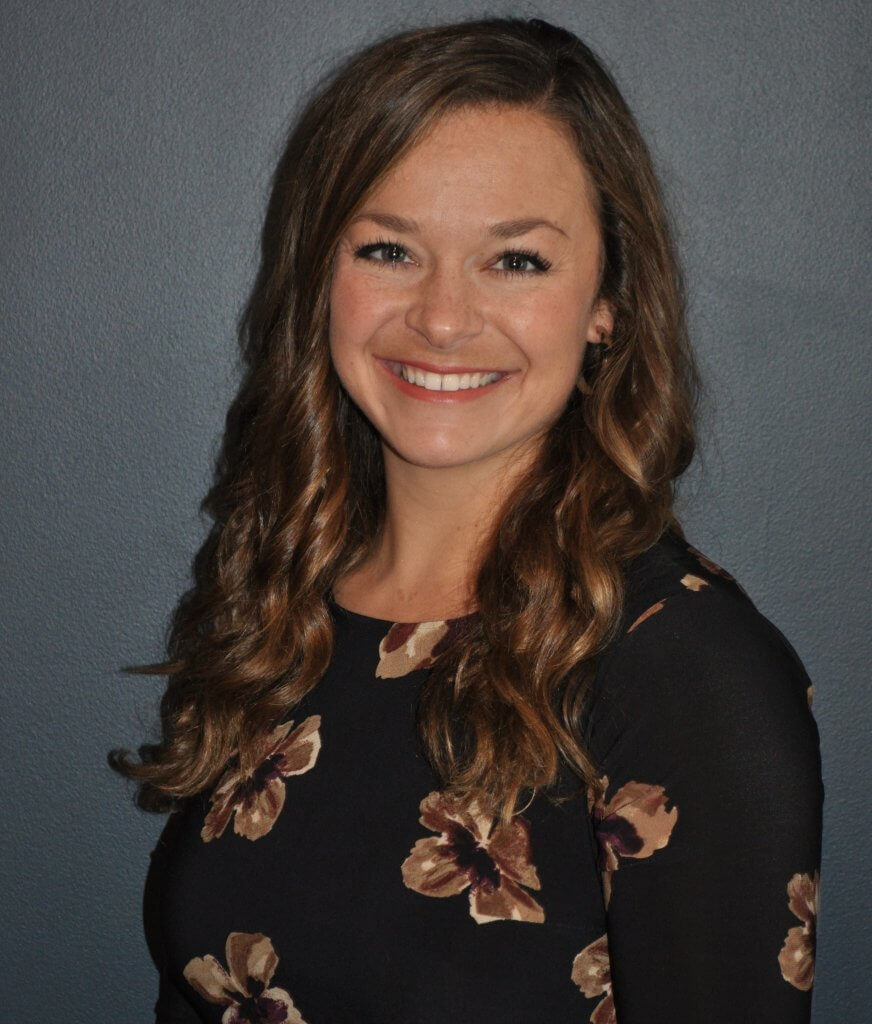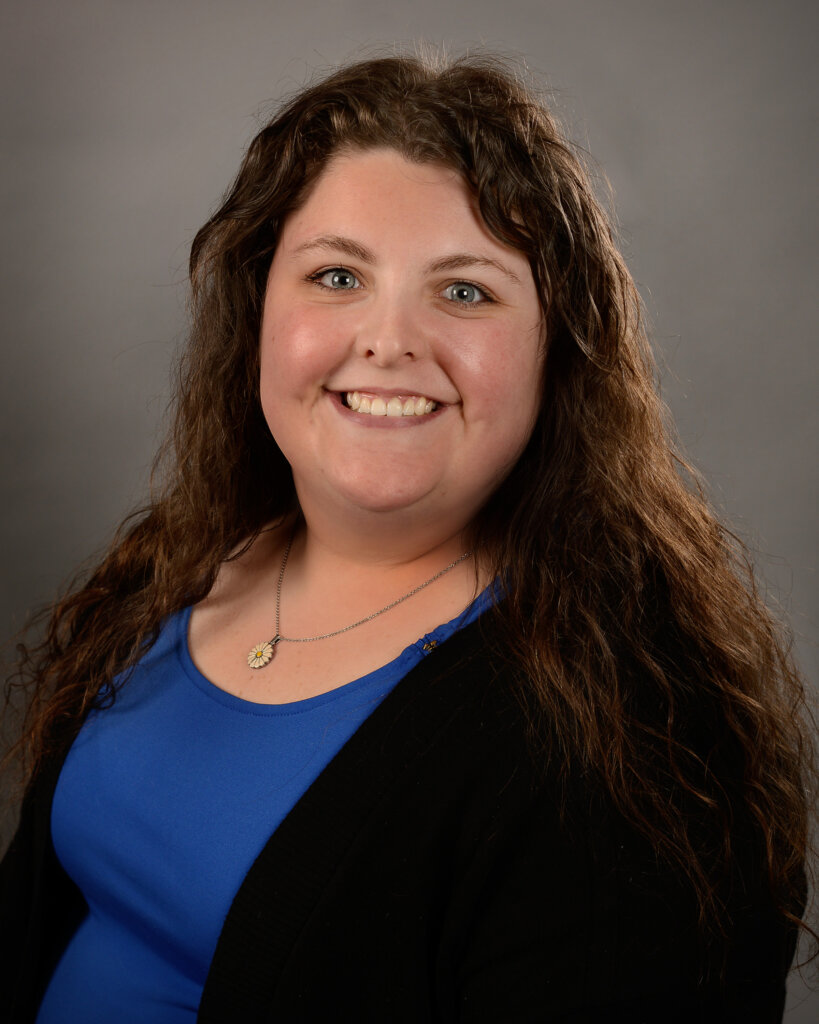Healing for Those Creating Life Ji-Nanaandawi’indwaa Waa-Ondaadiziikejig The goal of...
Read MoreCategory: Department
Department
Behavioral Health & Services
Programs
Anishnaabek – SPF
Anishnaabek Strategic Prevention Framework The ITC Anishnaabek Strategic Prevention Framework...
Read MorePeer Recovery Support
Peer Recovery Support The Inter-Tribal Council of Michigan (ITC), Anishnaabek...
Read MoreMedicated Assisted Treatment
Medicated-Assisted Treatment Medication-Assisted Treatment (MAT) is the use of medications,...
Read MoreState Opioid Response MAT Initiative
State Opioid Response MAT Initiative About The State Opioid Response...
Read MoreNaloxone/Harm Reduction Training
Naloxone/Harm Reduction Training As the number of fatal opioid overdoses...
Read MoreTribal Action Plan
Tribal Action Plan A Trial Action Plan (TAP) is a...
Read MoreNative Connection Initiative
Native Connection Initiative The Inter-Tribal Council of Michigan, Inc. (ITCMI)...
Read MoreTribal Gambling Disorder Prevention
Tribal Gambling Disorder Prevention The purpose of the Tribal Gambling...
Read MoreDigital Stories
Sacred Pregnancy, Sacred Support
Recovery - Gambling Disorder
Recovery - Substance Abuse
Healing Generational Trauma
Healing Through Culture
Recovery - Alcohol & Substance Use Disorder
Recovery - Alcohol Use Disorder
Recovery - Domestic Violence
Recovery - Sexual Abuse
Data Repositories
Welcome to the Tribal Prevention Data Repository, a central location to access data and data sources relating to behavioral health issues. The data repository is geared to meet the needs of Michigan’s Tribal Behavioral Health Staff. This repository is a living tool that will be updated regularly to ensure that it can be useful as tool to increase capacity for tribal communities to address behavioral health issues. If you have any recommendations or issues with the data repository please feel free to reach out via email: cjodoin@itcmi.org
Additional Links and Resources
Alcohol Use
Stay tuned for new information.
Stay tuned for new information.
Opioid Misuse
Stay tuned for new information.
Methamphetamine Use
Stay tuned for new information.
Stay tuned for new information.
Stay tuned for new information.
Stay tuned for new information.
Stimulant
Stay tuned for new information.
Stay tuned for new information.
Stay tuned for new information.
Stay tuned for new information.
Marijuana
Stay tuned for new information.
Stay tuned for new information.
Stay tuned for new information.
Stay tuned for new information.
Other Substance Misuse
Stay tuned for new information.
Stay tuned for new information.
Stay tuned for new information.
All Drug Data
Stay tuned for new information.
Suicide Data
Stay tuned for new information.
Stay tuned for new information.
Stay tuned for new information.
- Urban American Indian Community Perspectives on Resources and Challenges for Youth Suicide Prevention (PDF)
- Suicide and the opioid overdose crisis among American Indian and Alaska Natives: a storm on two fronts demanding swift action (PDF)
- An Examination of Historical Loss Thinking Frequency and Rumination on Suicide ideation in American Indian Young Adults (PDF)
- Alcohol Use and the Interpersonal Theory of Suicide in American Indian Young Adults (PDF)
- Rates of Death from Suicide and Unintentional Overdose in the United States, 2017 (JPEG)
Related Topics
Stay tuned for new information.
Staff
To contact our staff dial one of these numbers followed by the extensions listed below. 906.632.6896 or 877.482.3601 or 800.562.4957
Department
Economic Development

Economic Development Planning Grant
Planning Investment Grant
The Inter-Tribal Council of Michigan, Inc. has received funding from the Economic Development Administration for purpose of continuation of a planning process that is designed to promote good economic planning, educate the participating tribes about the Economic Development Administration’s new regulations and initiatives and assure that the participating tribes meeting the eligibility and requirements for economic ventures by documenting a Planning document called a Comprehensive Economic Development Strategy. The program will also engage in discussions on how the participating tribes can partner with their local planning districts, colleges or Universities and other State Collaborations to promote economic development for their total regions.
2025 Annual Survey
Inter-Tribal Council of Michigan is updating its list of Tribal economic development and public works projects for 2025 for participating tribes. We will submit this list to the U.S. Department of Commerce, Economic Development Administration (EDA) as a part of our 2025-26 “Comprehensive Economic Development Strategy Annual Update” (CEDS).
EDA grant funds can be used for the construction of roads, water, sewer and other publicly-owned infrastructure needed to create and retain large numbers of jobs.
We want the Tribes to be as successful as possibly in qualifying for federal grants to help the Tribes compete successfully in the global economy. While the focus of this inventory and the CEDS process is on projects that may qualify for funding from the EDA, the agency is looking to inventory all projects, programs and activities that may impact the Tribes economic well-being. This could include projects that may be eligible for funding through other programs, such as USDA-Rural Development, CDBG, MDOT, FHWA, etc. Projects that you wish to be considered for the “Priority Projects Listing” must be identified on the attached Priority Project Questionnaire Form.
How to Fill out Your 2025 CEDS Project List and Project Survey Forms
We have enclosed the following in seeking your input to the 2025 CEDS process:
- Tribal Project List
- Project Questionnaire Form
- Project Submission Form
- Project Criteria
Please update your Project List with any new project proposals, deletions, or other changes. For your convenience, please note any change directly on the 2025 project list. If there are no changes, please write “No Changes”. If the status of a project has changed, please note it in the “Status” column. Finally, please indicate if a project has been completed.
The enclosed survey form will allow you to report back on completed projects and/or activities that have transpired in your community during the past 12 months, as well as projects that you have secured funding for, projects you are seeking funding for and finally any problems or issues your community is currently facing.
We would like your input on identifying new priority projects in your community. Please complete the attached Project Submission Form for each new project. In addition, please provide detailed demographic information on your respective Tribe.
How to Return Your 2025 CEDS Project Survey Information
You can mail or fax your updated project list and project surveys forms (see information below) or email them to me at eda@itcmi.org. You may also fax your information to us at (906) 632-1810.
If you have any questions or comments about this process, please do not hesitate to call or e-mail.
Survey
Powered By EmbedPress
News
Additional Grant Opportunities
- EDA Build To Scale Funding Opportunity
- EDA Announces Additional $5 Million to Support Indigenous Communities Through Existing Public Works and Economic Adjustment Assistance Funding Opportunities
- EDA Supporting Economic Development in Indigenous Communities
- Native Learning Center Grant Opportunities
- Energy Efficiency and Conservation Block Grant Program Comprehensive Guide for Indian Tribes
- EDA Tribal Funding Opportunities and Resources
- EDA Funding Opportunities
- Indigenous Communities: Supporting Economic Development in Indigenous Communities
- EDA CARES Act Recovery Assistance – United States Economic Development Administration
Links
- Indigenous Economic Development Community of Practice Events & Activities
- US Census: My Tribal Area
- Small Business Administration: Training on Demand
- Indigenous Economic Development Community of Practice
- The National Center for American Indian Enterprise Development
- First Nations Development Institute: Strengthening Native American Communities & Economies
- University of Oklahoma Economic Development Institute
- Harvard Kennedy School Project on Indigenous Governance and Development
- University of Arizona Native Nations Institute
- EDA Investment Priorities
- MSU – Center for Community and Economic Development
- Michigan EDC Tribal Partners
- Indigenous Communities: Supporting Economic Development in Indigenous Communities
- EDA CARES Act Recovery Assistance – United States Economic Development Administration
- NAFOA Newsletter: 5 Things You Need To Know
Videos
Department
Head Start
Wibaanung Collaborative Projects
Ojibwe Language Instruction
Ojibwe Language Instruction Activities, handouts, recordings, and additional resources in...
Potawatomi Language Instruction
Potawatomi Language Instruction Activities, handouts, recordings, and additional resources in...
What We Do
Head Start is a federal program that promotes the school readiness of children ages birth to 5 from low-income families by enhancing their cognitive, social and emotional development.
Head Start programs provide a learning environment that supports children’s growth in:
- Language and literacy
- Cognition and general knowledge
- Physical development and health
- Social and emotional development
- Approaches to learning
Head Start programs provide comprehensive services to enrolled children and their families, which include health, nutrition, social services and other services determined to be necessary by family needs assessments, in addition to education and cognitive development services. Head Start services are designed to be responsive to each child and family’s ethnic, cultural and linguistic heritage.
Head Start emphasizes the role of parents as their child’s first and most important teacher. Head Start programs build relationships with families that support:
- Family well-being and positive parent-child relationships
- Families as learners and lifelong educators
- Family engagement in transitions
- Family connections to peers and community
- Families as advocates and leaders
Resources
Head Start Services
Head Start serves preschool-age children and their families. Many Head Start programs also provide Early Head Start, which serves infants, toddlers, pregnant women and their families who have incomes below the federal poverty level.
Over a million children are served by Head Start programs every year, including children in every U.S. state and territory and in American Indian and Alaskan Native communities. Since 1965, nearly 30 million low-income children and their families have received these comprehensive services to increase their school readiness.
Head Start programs offer a variety of service models, depending on the needs of the local community. Programs may be based in:
- Centers or schools that children attend for part-day or full-day services
- Family child care homes
- Children’s own homes, where a staff person visits once a week to provide services to the child and families
Children and families who receive home-based services gather periodically with other enrolled families for a group learning experience facilitated by Head Start staff.
Staff
To contact our staff dial one of these numbers followed by the extensions listed below. 906.632.6896 or 877.482.3601 or 800.562.4957
Department
Administration Department

Executive Director
To contact our staff dial one of these numbers followed by the extensions listed below. 906.632.6896 or 877.482.3601 or 800.562.4957
Administrative Support
To contact our staff dial one of these numbers followed by the extensions listed below. 906.632.6896 or 877.482.3601 or 800.562.4957
Human Resources
To contact our staff dial one of these numbers followed by the extensions listed below. 906.632.6896 or 877.482.3601 or 800.562.4957
Accounting
To contact our staff dial one of these numbers followed by the extensions listed below. 906.632.6896 or 877.482.3601 or 800.562.4957
Department
Environmental Services
The Environmental Services Division assists member Tribes in environmental and natural resource assessment, planning, and permitting. Our staff provide direct services, access to resources, and technical assistance in support of tribal programs and priorities, from environmental compliance and permitting to natural resource assessments and community-based management planning.

Programs
Lead Testing in Drinking Water – Childcare Facilities
Lead Testing in Drinking Water – Childcare Facilities With funding made available by the U.S....
Read MoreClimate Adaptation
Climate Control ITCMI Environmental Services facilitates climate adaptation efforts to assess and plan for climate-driven...
Read MoreForest & Wetlands
Forest & Wetlands ITCMI Environmental Services assists tribes with forest and wetland inventory, delineation, management...
Read MoreEnvironmental Health and Services
Environmental Health and Services In general, sanitarians work to prevent or minimize the impact from...
Read MoreUnderground Storage Tank Program
Underground Storage Tank Program Funded by U.S. Environmental Protection Agency https://www.epa.gov/ust/musts-us This project allows ITCMI...
Read MoreWater and Air Quality
Water and Air Quality ITCMI Environmental Services assists tribes with source water protection, watershed management...
Read MoreUnderground Injection Control
Underground Injection Control Funded by U.S. Environmental Protection Agency This DITCA will generate an inventory...
Read MoreManoomin Stewardship Guide
The Michigan Wild Rice Initiative is a collaboration between the twelve federally recognized Anishinaabe nations...
Read MoreStaff
To contact our staff dial one of these numbers followed by the extensions listed below. 906.632.6896 or 877.482.3601 or 800.562.4957

Bill Bernier
Environmental Services Director & Registered Sanitarian
Ext: 115
Email: bbernier@itcmi.org

Lucas Roff
Environmental Technician, Cohort of MI Healthy Climate Corps
Ext: 113
Email: lucas.roff@itcmi.org
Department
Maternal & Early Childhood Services

Programs
Neonatal Abstinence Syndrome
Healing for Those Creating Life Ji-Nanaandawi’indwaa Waa-Ondaadiziikejig The goal of this project is to strengthen...
Read MoreInfant Safe Sleep
Infant Safe Sleep PROTECT AND NURTURE STARTS WITH SAFE SLEEP Welcome to our Infant Safe...
Read MoreFFPSA/Family Spirit
The Federal Family First Prevention Services Act (FFPSA) was enacted to turn the focus of...
Read MoreHealthy Start
Healthy Start Maajtaag Mnobmaadzid, “The Start of a Healthy Life” Healthy Start is a national...
Read MoreTribal Home Visiting
Tribal Home Visiting Tribal, Maternal, Infant, and Early Childhood Home Visiting (TMIECHV) The Maajtaag Mnobmaadzid...
Read MoreState Home Visiting Expansion
State Home Visiting Expansion Michigan Early Childhood Home Visiting Tribal Expansion The Michigan Early Childhood...
Read MorePerinatal & Mental Health
Perinatal & Mental Health Resources Powered By EmbedPress Download Powered By EmbedPress Download Powered By...
Read MoreIncreasing Health Literacy
The Increasing Health Literacy Project aims to enhance health literacy and expand access to culturally...
Read MoreHighlighted Resources
Infant Safe Sleep
Infant Safe Sleep PROTECT AND NURTURE STARTS WITH SAFE SLEEP Welcome to our Infant Safe...
Read MoreCommunity Resources
Childhood is Sacred The Cancer Prevention and Control programs address cancer disparities in tribal communities...
Read MoreBreastfeeding
Breastfeeding Toolkits Powered By EmbedPress Digital Stories Resources Breastfeeding For Moms: Le Leche League International...
Read MoreMental and Social Emotional Health
Mental & Social Emotional Health Depression Among American Indian and Alaska Native Women in Michigan...
Read MoreFood and Nutrition
Food & Nutrition Additional Resources 13 Moons Curriculum Anishinaabek Cooking Resources Community Food Resource Assessment...
Read MoreParenting and Early Childhood Resources
Parenting & Early Childhood Resources Programs & Resources FFPSA Childhood is Sacred The Cancer Prevention...
Read MoreYouth and Teens
Youth & Teens Resources Powered By EmbedPress Powered By EmbedPress Powered By EmbedPress Powered By...
Read MoreSubstance Use Disorders
Substance Use Disorders Programs & Resources Respond to Opioid Crisis Substance Use Disorders Programs &...
Read MoreSmoking Cessation
Smoking Cessation Programs & Resources Powered By EmbedPress
Read MorePreterm Birth Resources
Pre-term Birth Resources 2016 Premature Birth Report Card Powered By EmbedPress Racial & Ethnic Disparities...
Read MoreCommunity Resource Guides
Community Resources Programs & Resources FFPSA Childhood is Sacred The Cancer Prevention and Control programs...
Read MoreFetal Alcohol Spectrum Disorders
Substance Use Disorders Programs & Resources FFPSA Childhood is Sacred The Cancer Prevention and Control...
Read MoreRespond to Opioid Crisis
Substance Use Disorders Programs & Resources FFPSA Childhood is Sacred The Cancer Prevention and Control...
Read MoreUP Community Resources
U.P. Community Resources Here families, individuals, home visitors, and community organizations will find helpful tools,...
Read MorePerinatal & Mental Health
Perinatal & Mental Health Resources Powered By EmbedPress Download Powered By EmbedPress Download Powered By...
Read MoreTraditional Teachings Resources
Traditional Teachings Resources The focus of these resources is geared towards expecting families, newborns, and...
Read MoreTraining Videos
Training Videos Home Visitor Safety Gikinawaabi Training LOLLIPOP Training
Read MoreStaff
To contact our staff dial one of these numbers followed by the extensions listed below. 906.632.6896 or 877.482.3601 or 800.562.4957

Amanda Bahrou
Department Director, Maternal & Early Childhood
Ext: 906-322-0276
Email: amanda@itcmi.org

Shentele Apps
Families First Program and Infant Safe Sleep Program Manager
Ext: 111
Email: shentele.apps@itcmi.org
Department
Childhood & Family Services
The Inter-Tribal Council of Michigan (ITCM) is a dedicated advocate for reducing chronic disease and cancer disparities. Our programs support culturally appropriate education, training, policy and capacity building to support health equity among Michigan tribal communities.

Programs
Bureau of Indian Affairs Child Welfare Assistance Program
Bureau of Indian Affairs Child Welfare Assistance Program Child Welfare Assistance Program provides foster care...
Read MoreState of Michigan Child Care Program
State of Michigan Child Care Program Child Care Program provides foster care services to those...
Read MoreWorkforce Innovation & Opportunity Act (WIOA)
Workforce Innovation & Opportunity Act (WIOA) WORKFORCE INNOVATION AND OPPORTUNITY ACT (WIOA), (WIOA) program is...
Read MoreTitle VI Program
Title VI Program The Title VI Elders Program assists tribal elders in remaining independent. Program...
Read MoreStaff
To contact our staff dial one of these numbers followed by the extensions listed below. 906.632.6896 or 877.482.3601 or 800.562.4957
Department
Health Education & Chronic Disease
The Inter-Tribal Council of Michigan (ITCM) is a dedicated advocate for reducing chronic disease and cancer disparities. Our programs support culturally appropriate education, training, policy and capacity building to support health equity among Michigan tribal communities.

Programs
Text SACREDBREATH to 88709
Text SACREDBREATH to 88709 for culturally tailored quit coaching from commercial tobacco and e-cigarettes.
Read MoreHOPE Project Growing Garden Resources
HOPE Project Growing Garden Resources | Maamwi Gda' mnobmaadizi'mi - "Let us gather for a good way of life"
Read MoreMenthol and Other Flavored Tobacco Products
The high prevalence of menthol and flavored tobacco use in American Indian and Alaska Native (AI/AN) communities poses a significant threat to public health. Menthol and flavored tobacco has been recognized as a catalyst for smoking initiation and addiction, posing an additional hurdle to quitting efforts.
Read MoreGigiigoo’inann Study
The Gigiigoo’inann (our fish) study helps us gather important information to best educate and inform healthy fish consumption practices. The study is documented online and can be accessed through a PC or phone. We will be sure to share further information on our next Gigiigoo’inann study.
Read MoreThree Fires Cancer Consortium
The Three Fires programs aim to decrease cancer rates, improve the quality of life among cancer survivors and decrease cancer morbidity and mortality for Michigan’s American Indians.
Read MoreBreast and Cervical Cancer Control (BC3NP)
The Inter-Tribal Council of Michigan supports Michigan tribal communities in reducing structural barriers to breast and cervical cancer screenings, follow-up diagnostic services, and cancer treatment.
Read MoreNutrition and Food Access
Nutrition-related chronic disease (diabetes, cancer, and heart disease) impacts many and can be prevented through living a healthy lifestyle including physical activity and proper nutrition.
Read MoreCancer Prevention and Control
The Inter-Tribal Council of Michigan works with tribes, state, and national partners to support effective cancer prevention, control, and survivorship strategies for American Indian populations.
Read MoreResources
Anishnaabek Cooking Resources
Anishinaabek Cooking Resources Additional Resource 13 Moons Curriculum Healthy Cooking Anishinaabek Way Cookbook Included below...
Read MoreCommercial and Traditional Tobacco
Tobacco is a sacred medicine among many Native American cultures used for ceremony. Learn more...
Read MoreBehavioral Risk Factor Surveillance System
The NaBRFS is one of the only sources of state-specific, population-based estimates of the prevalence...
Read MoreTribal Health Centers
Tribal Health Centers American Indian Health and Family Services – Detroit: http://www.aihfs.org/ Bay Mills Health...
Read MoreStaff
To contact our staff dial one of these numbers followed by the extensions listed below. 906.632.6896 or 877.482.3601 or 800.562.4957
